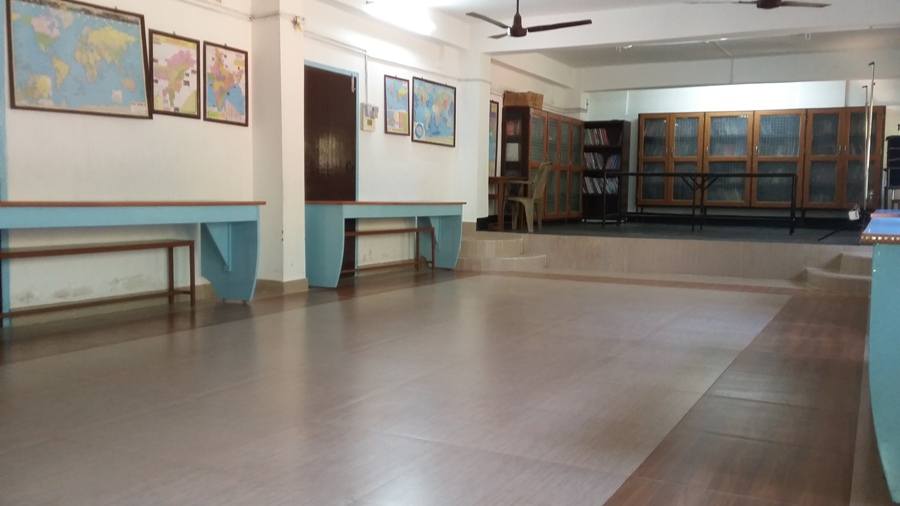
School libraries play a crucial role in the educational environment by providing students with access to a wide range of resources, fostering a love for reading and supporting academic research. It also offers students the benefits such as a good reading environment, different genres of reading materials for research and leisure that helps students in their academic and personal development. A library also fosters a love for reading among students.
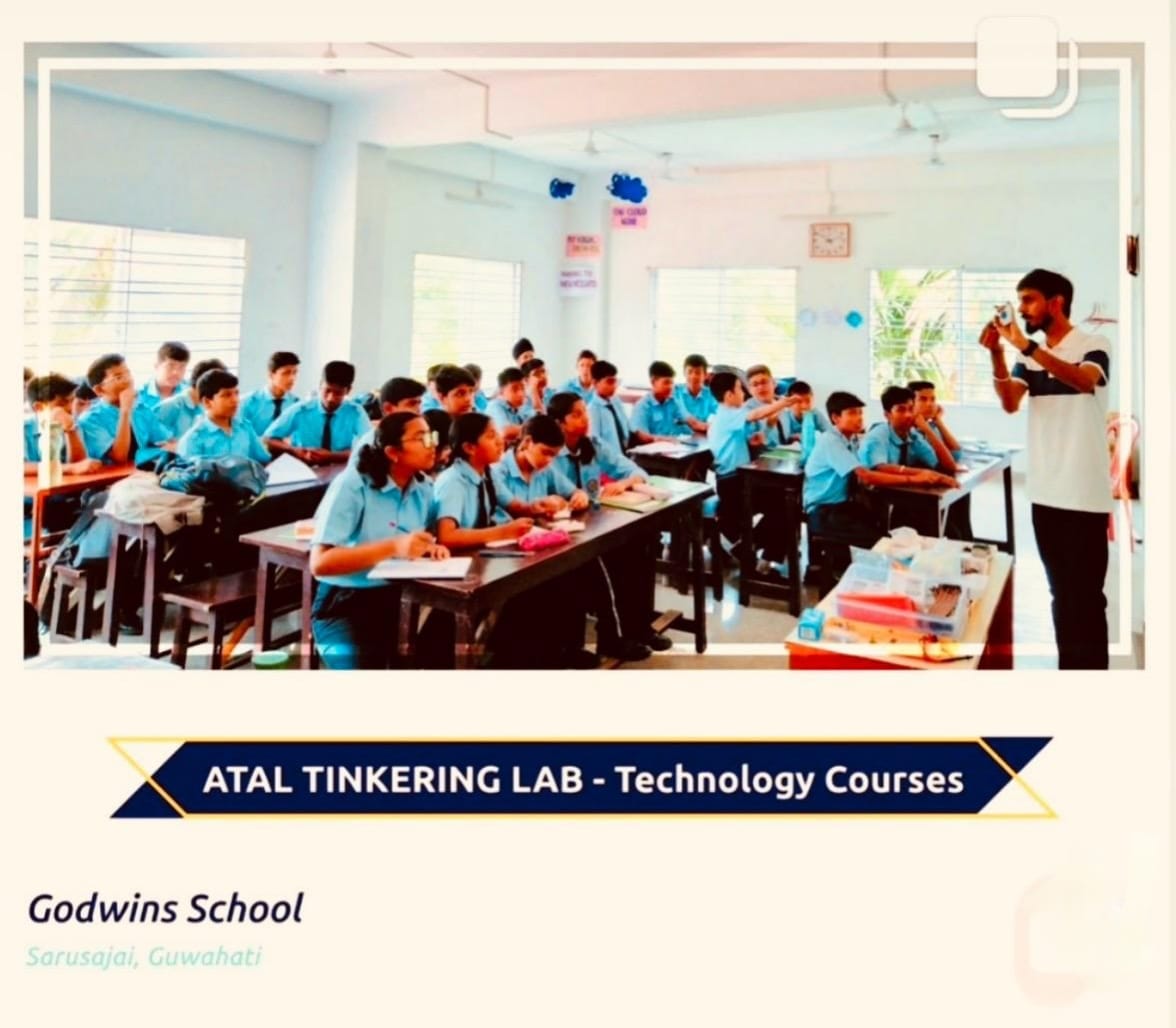
Classrooms are designed to create a conducive environment for learning. An effective atmosphere in the classrooms can make teachers teach proficiently and students learn with ease, leading to improved academic performance. Our classrooms include desks or tables and chairs for students, a teacher's desk and a variety of educational materials. The rooms are equipped with digital boards and CCTVs.
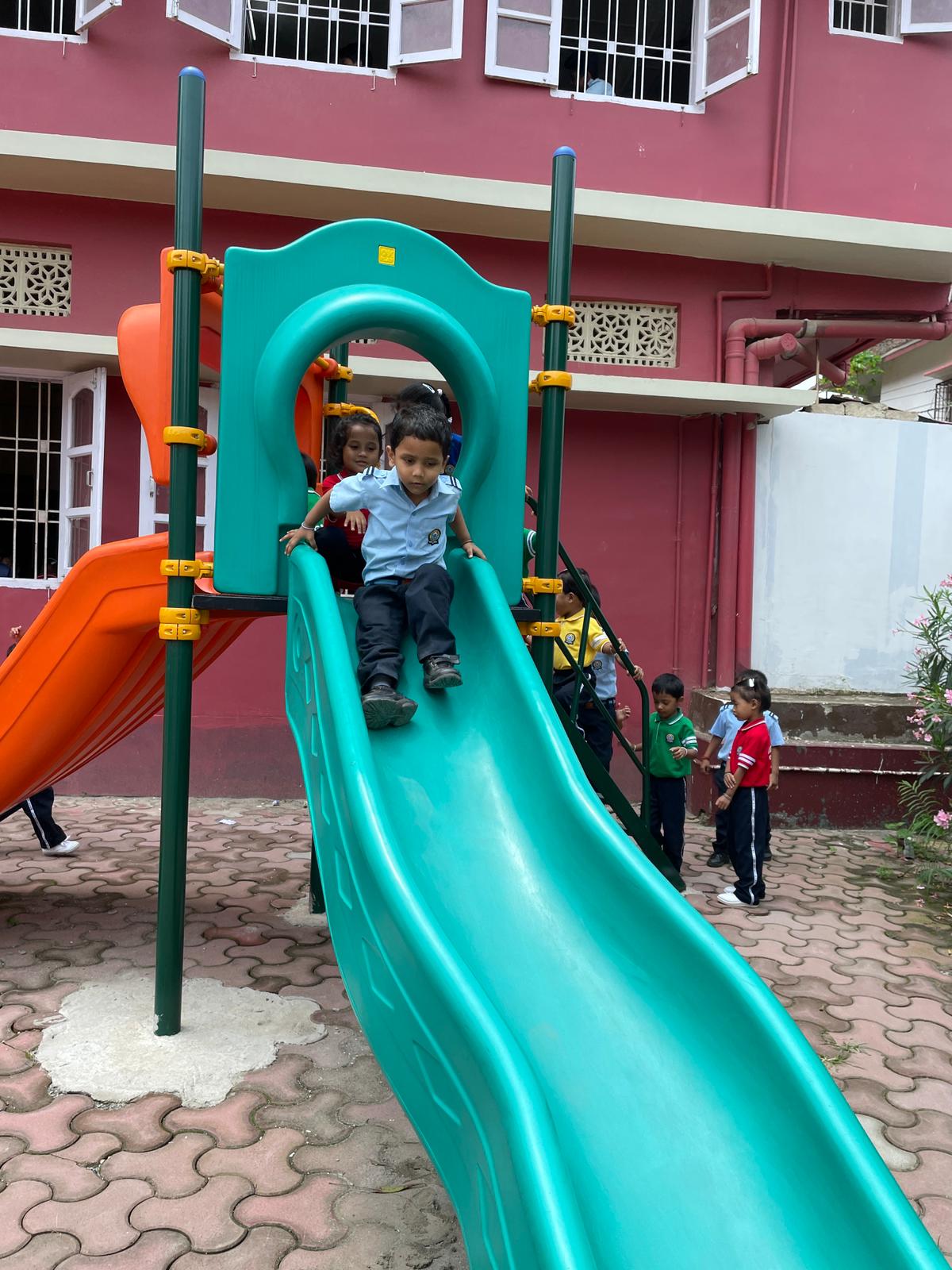
Playgrounds encourage physical exercise and active play, contributing to the overall health and well-being of students. Playgrounds are essential for fostering play and collaboration. Playing on a playground also allows students to build developmental skills and explore new things. Activities like running, jumping, climbing and swinging help develop motor skills and promote physical fitness.
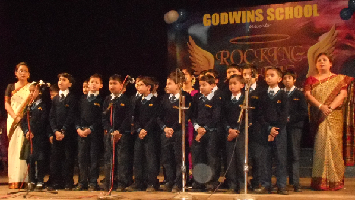
Teachers' Day celebrations are a wonderful way to acknowledge the importance of teachers in the lives of students and to foster a positive and supportive school culture. This day is celebrated to recognize and appreciate the role of teachers in shaping minds and futures. It also highlights the importance of education in personal and societal development. The specific activities and events may vary, but the central theme is to express gratitude and appreciation.
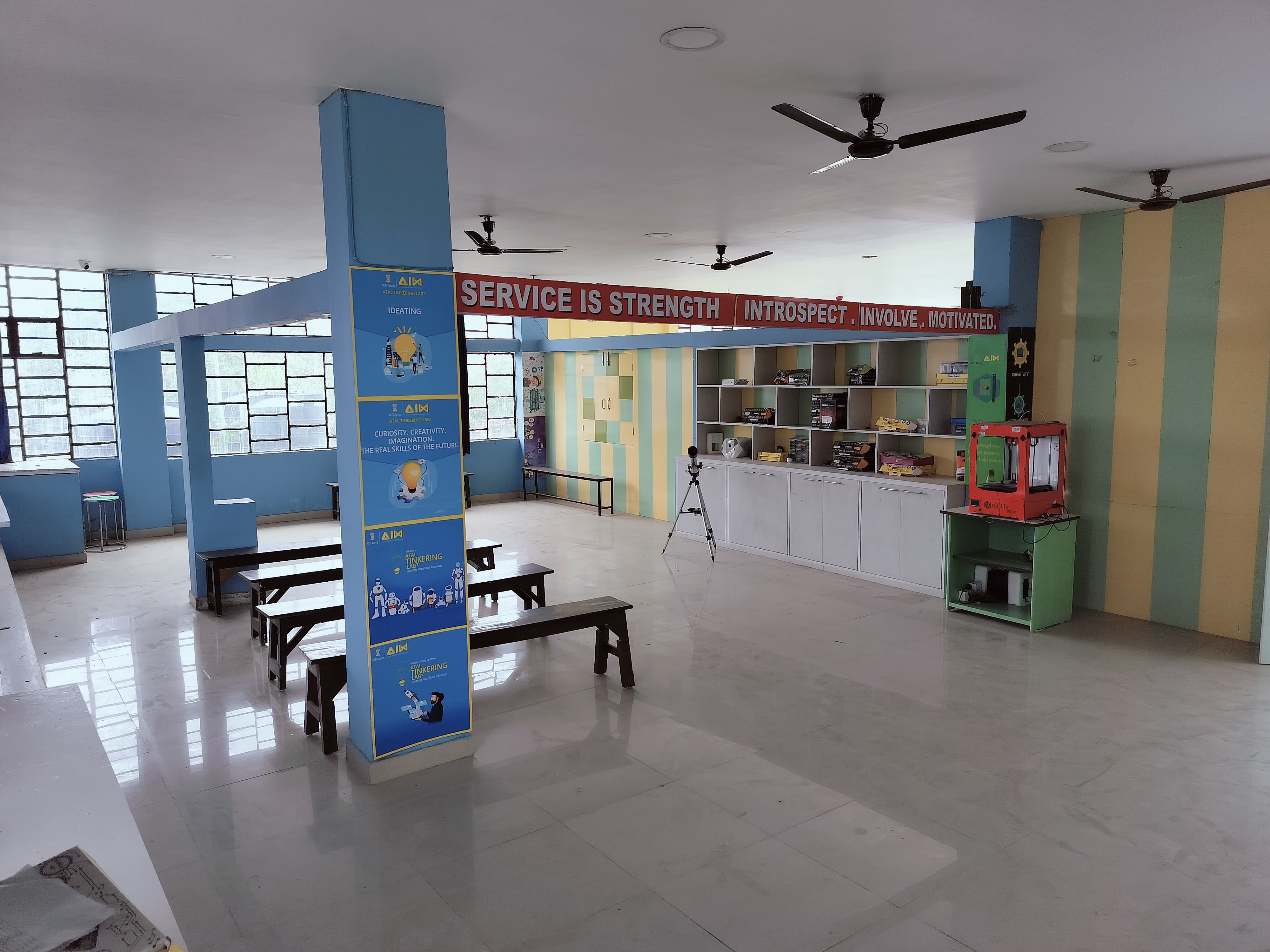
These labs are designed to provide students with hands-on experience, allowing them to apply theoretical knowledge in a controlled and practical environment. Labs often have dedicated workstations or benches, where students can conduct experiments individually or in groups. Labs have a positive impact on student engagement and learning in Science.
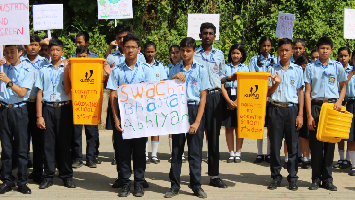
School social service, often referred to as community service or service learning, involves students actively participating in activities that benefit the community or address social issues. These initiatives aim to instill a sense of social responsibility. The primary mission is to enhance human well-being.